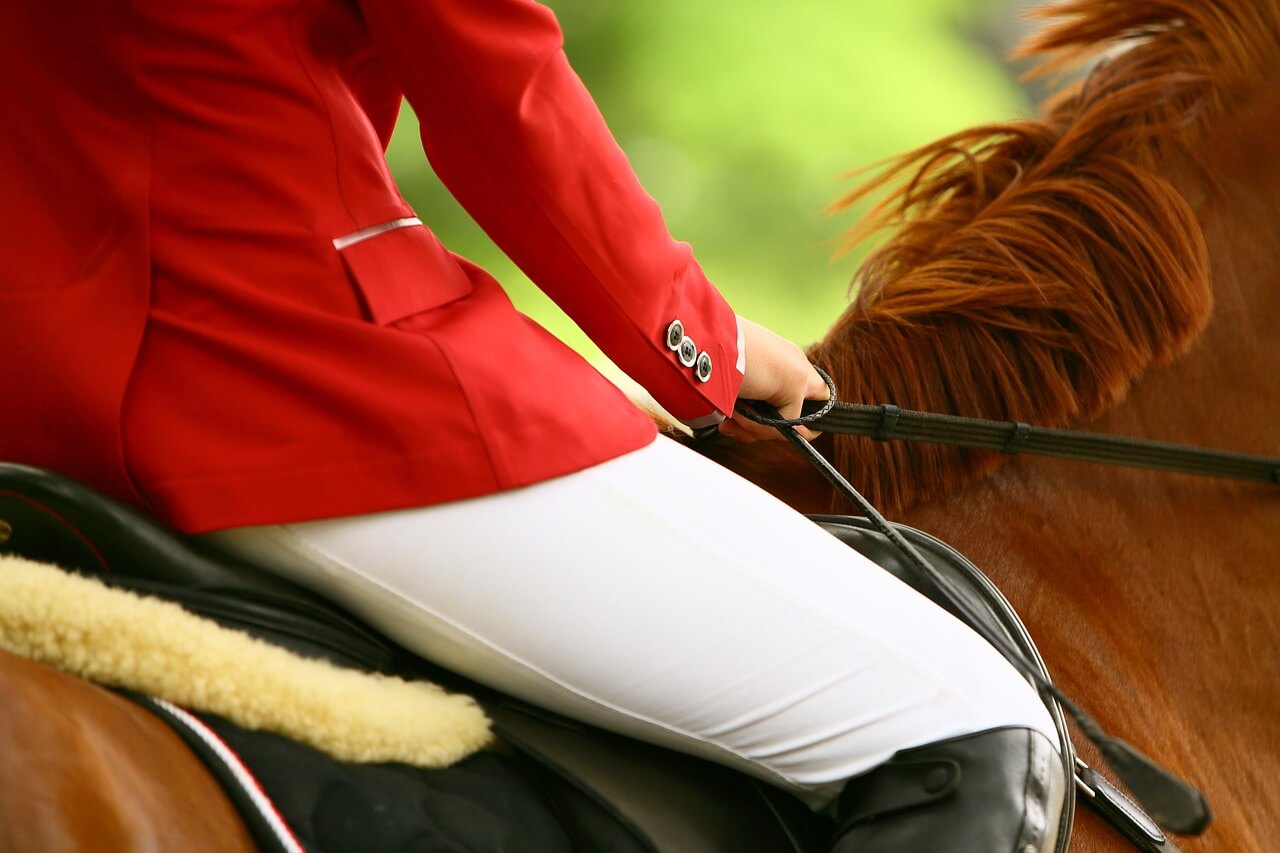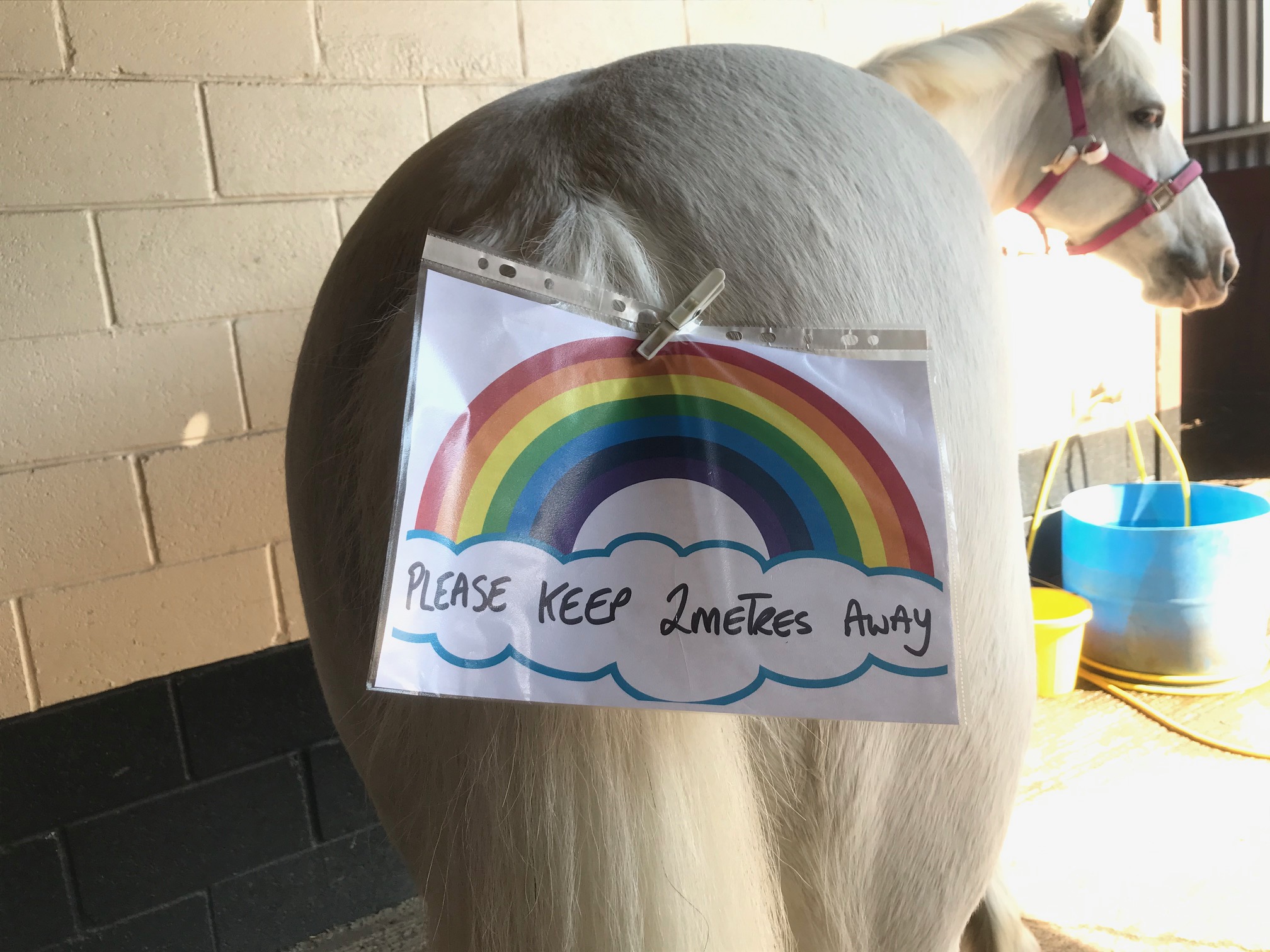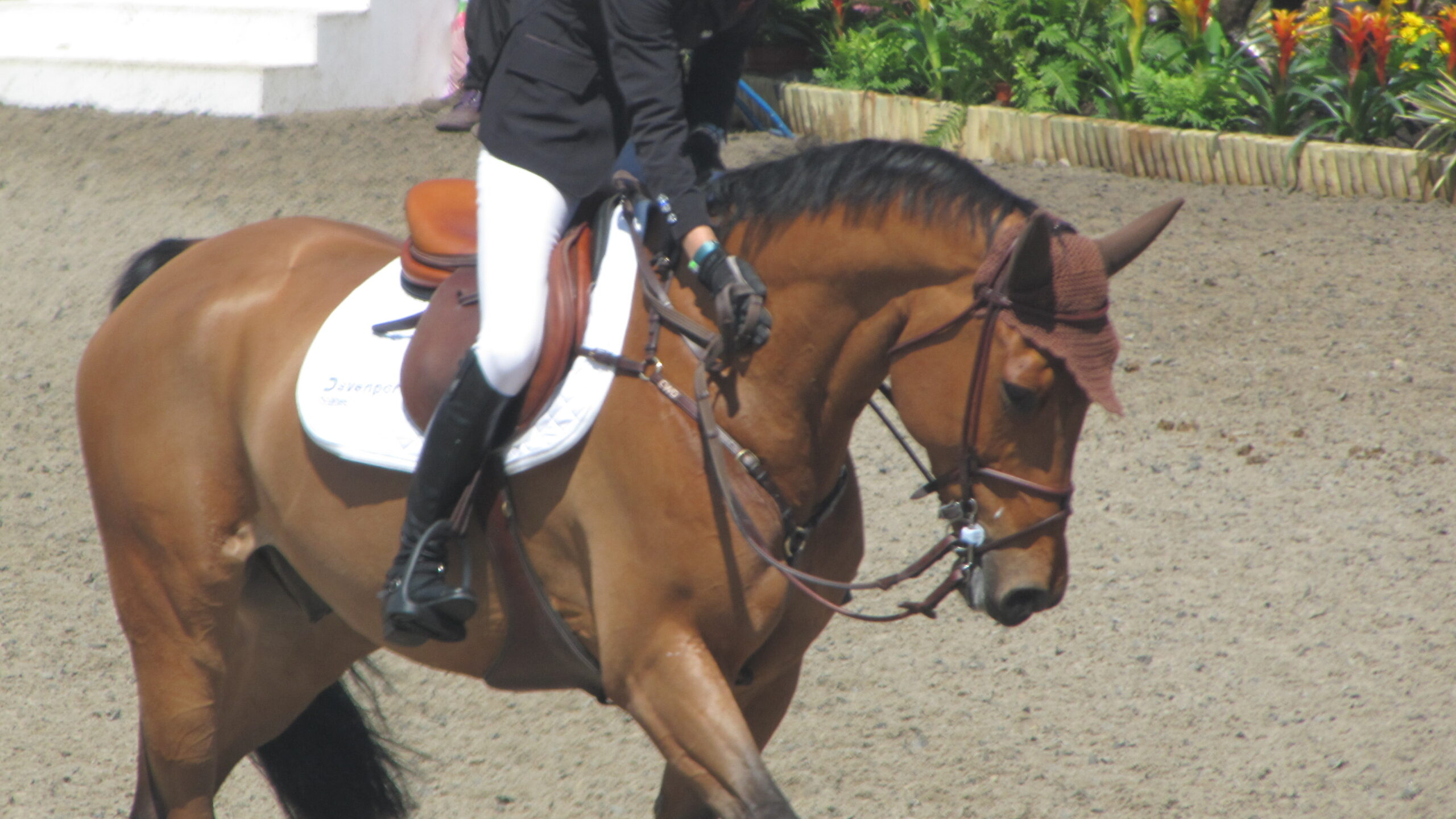We are pleased to announce that Deben Valley Equine will be able to offer vettings (PrePurchase Examinations) again in mainly Suffolk under strict government guidelines.
Seen a horse you would like to buy?
Have you seen it work & then ridden it yourself; staying within the guidelines, have you seen the horse more than once and shown a knowledgeable friend or instructor. Do you like it and feel it is capable of the work you would like it do? Preferably performed that work when you tried it out.
Asked the seller about its history – working and veterinary.
Still your dream horse? then book your vetting; always better to find out as much information as you can before you have paid for it. The vet will help you make an informed decision about the suitability of the horse for your needs. Loads of information here https://www.debenvalleyvet.co.uk/information-summary/vettings-what-is-involved/
We also have a really useful article on our website about all the information and facilities required for a vetting to take place https://www.debenvalleyvet.co.uk/information-summary/vettings-pre-purshase-examination-what-is-required/

Is the horse suitable for your requirements?
What has the pandemic changed?
A risk assessment needs to be carried out for each vetting. This includes discussions with both vendor and purchaser re facilities available. The temperament of the horse should be discussed with both the vendor and purchaser to ascertain whether the pre-purchase examination can be carried out safely with the minimum number of people required. Ideally the vet and one other person should be present, with that person holding, presenting and riding the horse. Any additional observers, for example the purchaser, should keep a safe distance at all times and refrain from touching anything in terms of equipment, gates, stable doors, the horse, etc. A seller’s declaration will be sent to the vendor and must be returned signed by the vendor before the vetting goes ahead.
- Ideally the vet and only one other person should be present, with that person holding, presenting, and riding the horse. However, social distancing will be difficult / impossible to maintain when examining the eyes / mouth / head / forelegs, etc, so for some parts of the examination can the horse can be tied up and the handler move away or sedate the horse (after VDS blood sample taken) (if a separate person is required for riding, the horse can be handed to the rider for tacking up / riding, and then handed back to complete the examination.)
- Any additional observers, for example the purchaser, should keep a safe distance (>2 metres) at all times and refrain from touching anything in terms of equipment, gates, stable doors, the horse etc
- Disposable gloves should be worn by everyone involved in the examination (excluding any observer who is not handling the horse or equipment). Head collar, lead ropes, tack and passports should all be considered as potential fomites for the transfer of coronavirus.
- Face masks / coverings should be worn when social distancing is unlikely to be maintained during the examinations.
- The vet may need to remove their gloves to carry out palpation examinations, therefore vet hand-washing and disinfection procedures should be implemented accordingly.
- Where appropriate, sedation should be used to facilitate the vetting procedure being done safely (sedative drugs should only be administered after the routine blood sample has been taken).
- If an additional procedure is to be performed at the yard, this must be planned in advance and particular attention should be paid to maintaining physical distancing between all those involved.
- If radiographs are required, it may be preferable to carry this out at a clinic.
- Blood sampling should proceed where safe to do so and the holder can restrain the horse suitably whilst maximising physical distance from the vet. Face coverings/ masks should be used judiciously.
- The seller’s signature is normally required on both the quadruplicate document which accompanies the VDS Blood Sampling Kit, and the Seller Declaration. In light of the current Covid-19 restrictions BEVA have produced Seller Declaration and Permissions Forms (attached) which collate all the information a seller would normally need to sign or give permission for, minimising the need to exchange paperwork between parties. This document should be emailed to the seller beforehand, and a signed copy scanned and emailed back. If the seller does not have access to a printer an alternative arrangement will be necessary as deemed satisfactory by the attending vet (e.g. emailed receipt of the document as proof of agreement). If a hard copy of the document is to be signed by the seller and kept by the vet, appropriate measures should be used as deemed appropriate i.e., gloves should be worn, separate pens and the paperwork stored in a sealed plastic envelope/bag that can be wiped down with disinfectant.
- Discussion of the results of the vetting should preferably be performed at a safe distance or by phone / video call.
- Vets will carry their own disinfectant wipes and hand sanitising products. The vendor should be advised to wipe down/clean everything on their premises touched by the vet.
- The purchaser may ask the vendor for disclosure of the horse’s veterinary history which can be performed electronically (e.g., via email) where this is agreed by the seller, and can be done in advance of any physical interaction taking place.
Want to know more, please contact the office on 01728 685 123.
Thanks for reading this article and wanting everyone to stay safe and Covid- free!

Reviewed March 2021
